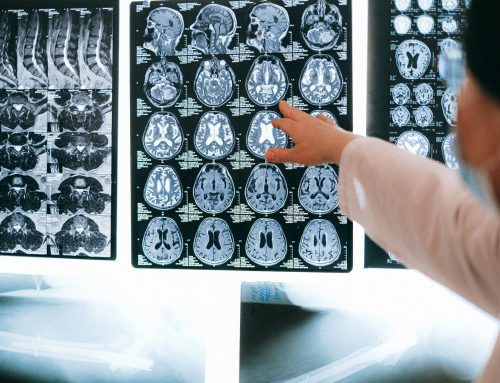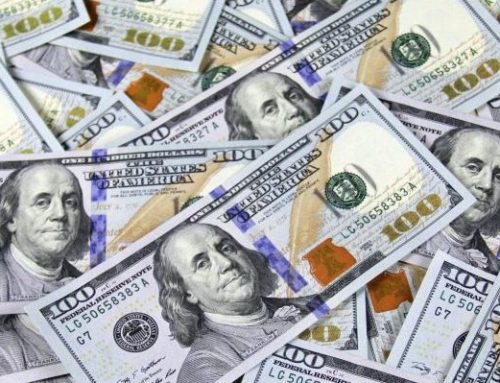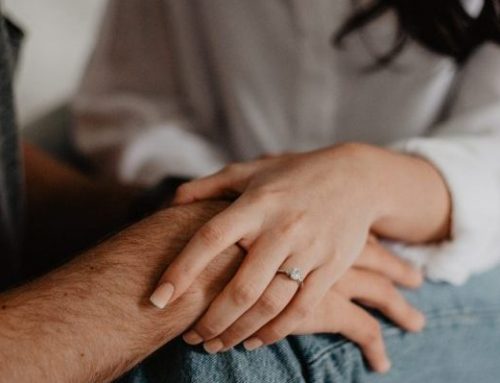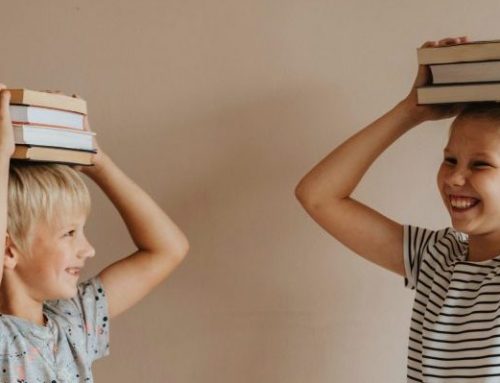*Please note this blog is intended to present information about treatment options for depression and relevant new research. These are not recommendations, and treatment decisions should be made by you and your healthcare provider.
For some individuals with depression, finding the proper medication regimen can be nearly impossible. The depression may be so severe that medication alone is simply insufficient, or the side effects of medication make compliance an ongoing struggle. Some individuals have tried a variety of medications with limited success and find themselves running out of options. In these cases, non-medication treatment options may be explored.
Psychotherapy is the most common non-medication treatment option for depression. Research has shown that psychotherapy can be effective in treating depression, though patients have optimum success when combining therapy with medication use. Cognitive behavioral therapy (CBT) is one of the most common therapeutic modalities for depression, in which thoughts, beliefs, and behavioral responses are examined and addressed. For the most success in therapy, committing to regular appointments and following through on any activities or homework assigned is imperative.
Over the past several decades, other approaches to depression treatment have been explored. One is known as transcranial magnetic stimulation (TMS), in which a small metal coil is placed under the scalp and stimulated at regular intervals. The purpose of this procedure is to activate nerve cells in the brain that are believed to have reduced activity due to depression. TMS is most often used in patients who have been unresponsive to medication. Recently, a study found that a new type of TMS that involved an increase in the number of magnetic pulses and more targeted activation found that 90% of participants had relief from severe depressive symptoms.
Other therapies and lifestyle changes have also been researched and found to have positive effects on reducing depression symptoms. These include: exercise, yoga, meditation, acupuncture, and art and music therapy. It should be noted, however, that these interventions are often used in conjunction with medication, so doing these activities alone may not produce the same improvement.






